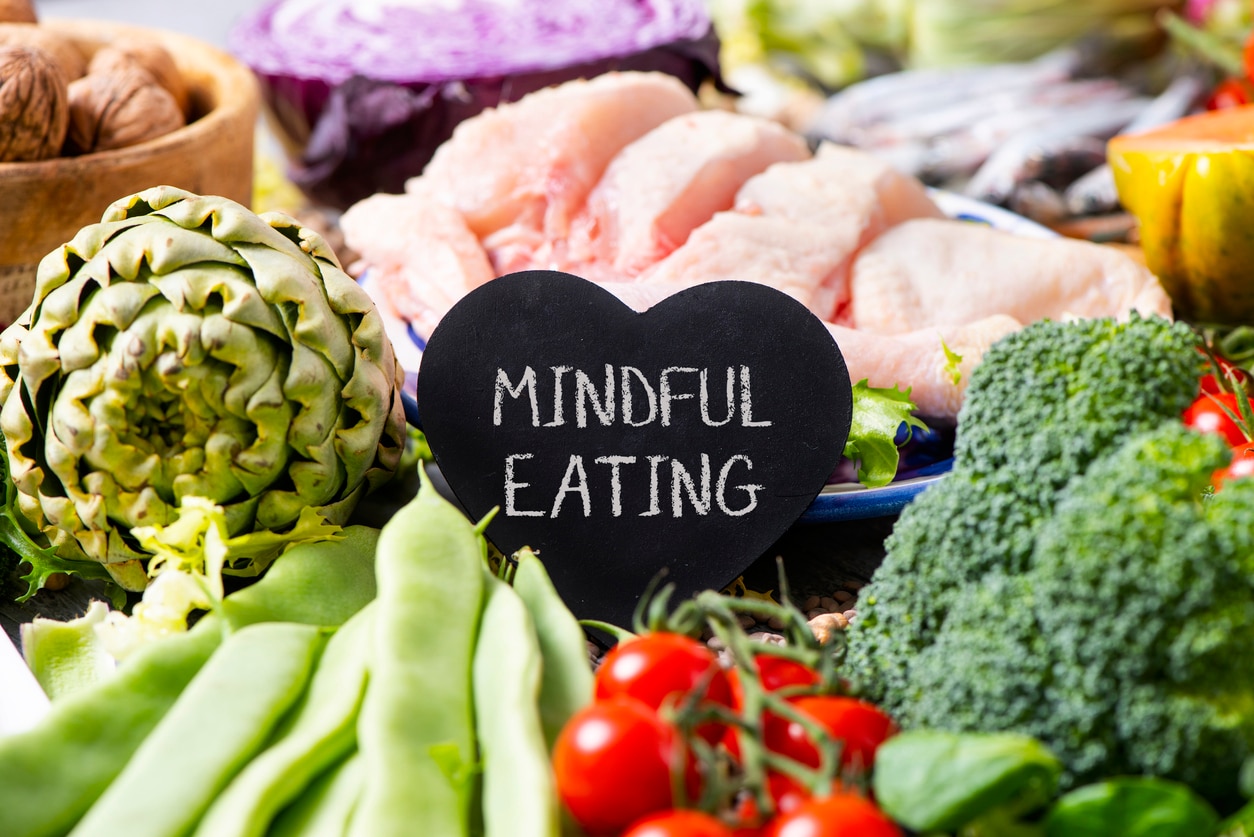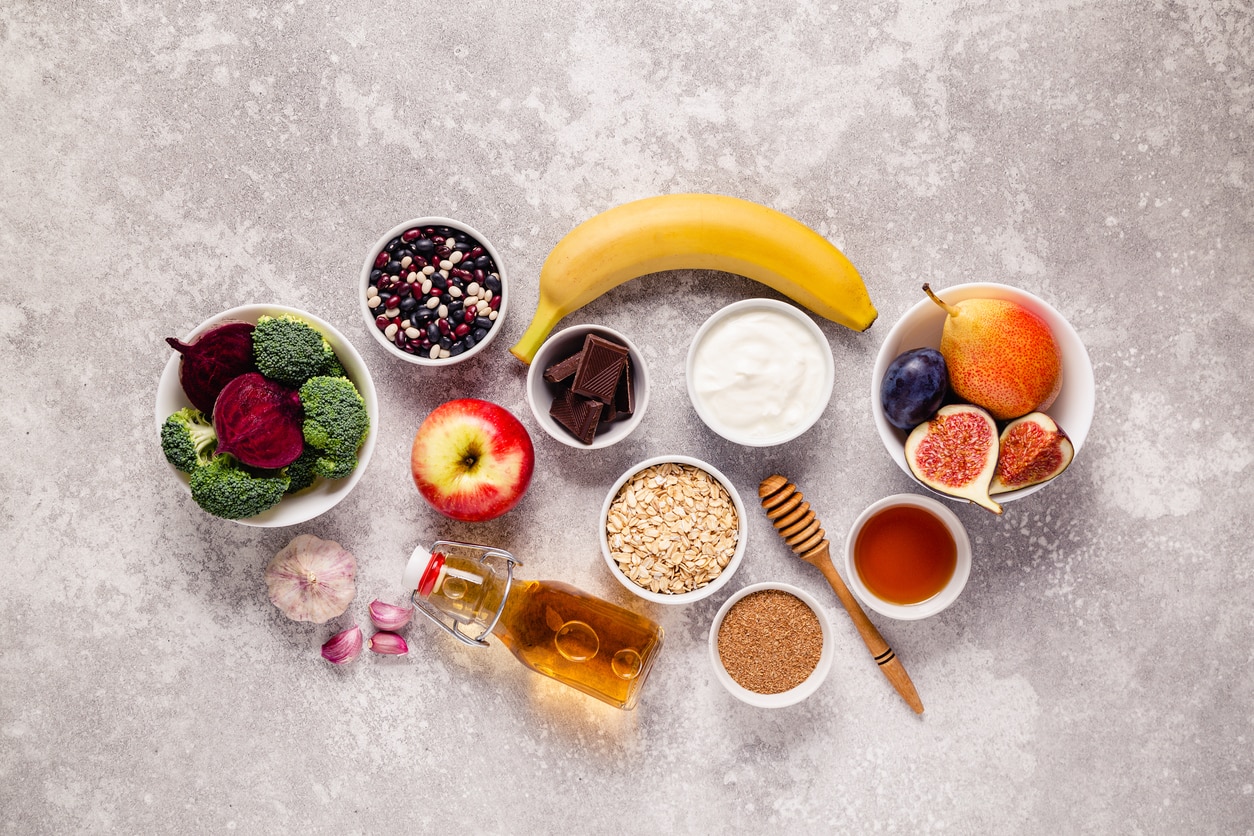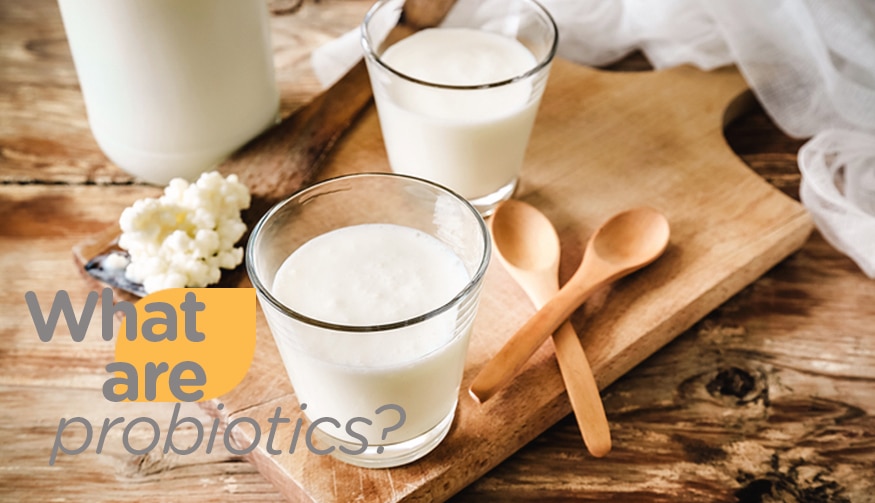Do you often experience an uncomfortable, swollen feeling in your abdomen? If so, you’re not alone. A bloated stomach is common with various underlying causes, ranging from dietary habits to digestive disorders. In this blog, we’ll explore what causes a bloated stomach and provide effective tips to improve your overall digestive health.
When necessary, it is essential to seek advice from dentists or qualified healthcare professionals.
What is a bloated stomach?*
A bloated stomach is the buildup of gas in the digestive tract, resulting in a swollen, tight feeling in the abdominal area. This condition can be caused by several factors, including:

- Eating too quickly or consuming gaseous foods (e.g., beans, broccoli, or carbonated beverages)
- Dietary intolerances or sensitivities (e.g., lactose intolerance, gluten sensitivity)
- Digestive disorders like irritable bowel syndrome, inflammatory bowel disease, or small intestinal bacterial overgrowth
- Hormonal fluctuations, particularly during menstruation or menopause
- Stress and anxiety, which can disrupt the digestive process
Tips to Improve digestive health^
#1 – Adopt a balanced diet

One effective strategy is adopting a balanced diet. Increase fiber intake from fruits, veggies, and whole grains, stay hydrated by drinking water regularly, and limit processed, high-fat, and sugary foods that can contribute to bloating.
#2 – Practice mindful eating

Chew thoroughly, savoring each bite’s flavors and textures. Pay close attention to your body’s hunger and fullness cues to avoid overeating, which can lead to discomfort and bloating.
#3 – Stay active and exercise regularly

Regular physical activity can aid digestion and reduce bloating. To promote movement through the digestive tract, incorporate gentle exercises like walking, swimming, or yoga into your routine.
#4 – Support gut health

Incorporate probiotic-rich foods like yogurt, kefir, or fermented veggies into your diet, consider a high-quality probiotic supplement, and eat prebiotic-rich foods like onions, garlic, and bananas to feed beneficial gut bacteria.
#5 – Limit bloat-causing foods and drinks

Certain foods and beverages, including alcohol, beans, and carbonated drinks, are known to cause bloating and digestive discomfort. Highly processed, high-fat, and sugary foods can also be challenging for your digestive system to break down properly, leading to bloating and discomfort. By being mindful of these potentially problematic items and moderating your intake, you may notice significant improvements in your digestive health.
#6 – Regular body check

While making dietary and lifestyle changes can significantly improve digestive health, getting regular check-ups with a healthcare professional is crucial.
Source
*Bloating – causes, treatment and prevention
https://www.healthdirect.gov.au/bloating
^ Bloated Stomach: Causes, Tips to Reduce & Prevent Bloated Stomach
https://my.clevelandclinic.org/health/symptoms/21740-bloated-stomach















